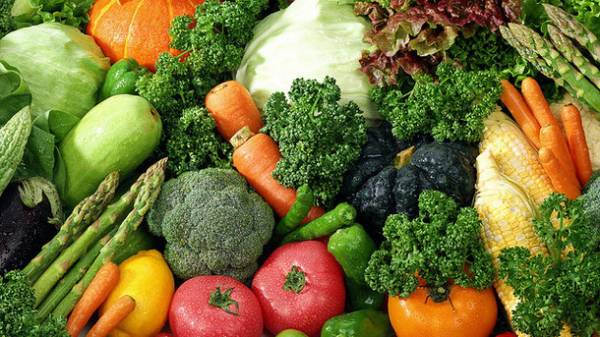
Summer – time of holidays, fun picnics and barbecues. But to spoil all the plans and the mood may be food poisoning. The most dangerous of the currently known pathogens is Salmonella, Toxoplasma, Listeria and norovirus, also known as stomach flu, reports the website Health.
“Rule number one – all the food out of the refrigerator must not remain more than four hours. It’s not just about four hours in a row, but in total,” says the American nutritionist Amy Hudson.
So, the list of products, which in the heat of summer need to be extremely careful:
- Hamburger
Adultonline meat is the risk that seriously ill through the subtype of E. coli bacteria called O157: H7.
Moreover, as explained by Professor Michael Schmidt of the Department of Microbiology and immunology Medical University of North Carolina, your risk depends on the meat how many cows went into the meat that you bought to fry a hamburger.
Therefore it is safer to be stuffing to do themselves, while preparing hamburger, make sure the inside temperature was not lower than 160 degrees
- Oysters
In raw shellfish, especially oysters, which can live Vibrio parahaemolyticus and Vibrio vulnifics. The second is especially dangerous, because it is able to enter the bloodstream, and often these diseases are fatal to human.
SEE ALSO
- Problems with the appetite decrease life expectancy – study
- Sprouts
To germinate, seeds and beans need warm and moisture which is a perfect breeding ground for bacteria such as Salmonella, Listeria and E. coli.
- Salad dressings and ice cream
This is especially true of the Caesar salad if you prepare it according to the traditional recipe and put the filling in raw egg. Nutritionist Lori Zanin advises to be extremely careful with all dishes which include raw eggs, e.g. homemade ice cream. There is a great risk of Contracting Salmonella.
- Melon
Listeriа that lives on the skin of the melon, are able to multiply even in the refrigerator. She has no taste or smell, is killed by heat treatment, but Listeriа may return when the product cools. Therefore, melons must be washed thoroughly with a brush under the tap. And in any case not to cut into an unwashed melon, because then the bacteria enter from the skin inwards.
- Tomatoes
In 2006 in America was a real detective story: 190 people in 21 States became ill with Salmonella. To blame for these troubles were the vegetable store in Ohio. Therefore, experts advise to thoroughly wash vegetables under the tap, and fruit damage on the skin it is better to throw it away.
- Green leafy vegetables
Actually dangerous not themselves leafy vegetables (lettuce, spinach, Kale or endive potentially), and the hygienic habits of people who have to deal with them. Fertilisers or soiled water, which watered the garden on the farm, the sick, the seller or the cook without gloves, one Board on which to cut meat, and crumbly salad.
Experts suggest thoroughly washed green leafy vegetables under the tap in a colander, and then dry it in the dryer for salad.
- Leftover food
“Remnants of food become a problem when they are kept in the danger temperature zone between 4 and 60 Celsius,” explains nutritionists.
She advises to remember the rule of four hours and decisively to throw away the leftovers and not putting themselves at risk.







